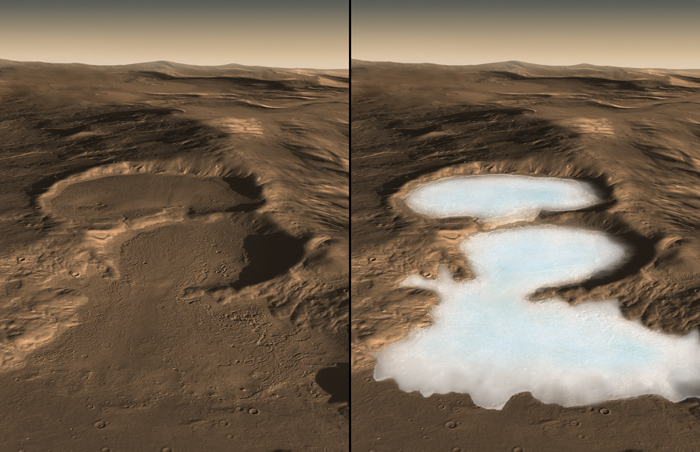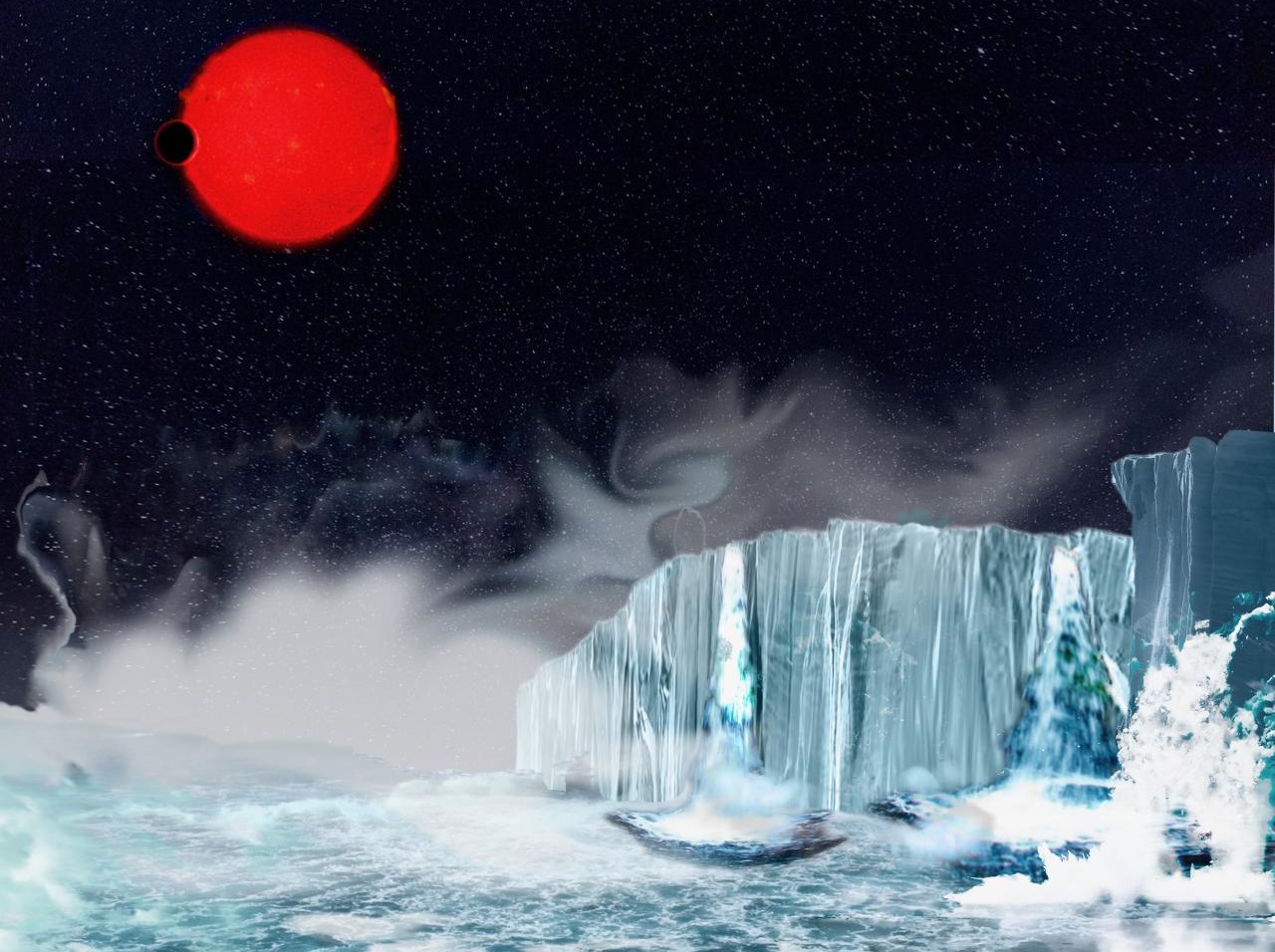Monday, October 31, 2022
What Deborah's Playing on the Piano
Friday, October 28, 2022
Very Short Book Reviews: A Delicious Fantasy, a Noir Detective SF Murder Mystery
Titanshade, by Dan Stout (DAW)
The real strength of this novel lies in its worldbuilding,
the innovative ways in which scarce resources create impoverishment, especially
a society that includes a diversity of races. It’s definitely worth checking
out, especially if cross-over mysteries appeal to you.
Monday, October 24, 2022
5-Star NetGalley Reviews of The Laran Gambit
ARCs of The Laran Gambit are still available by request on NetGalley. The early reviews give it 5 stars!
Friday, October 21, 2022
Short Book Reviews: A Great New Supernatural Mystery Series
Uncanny Times, by Laura Anne Gilman (Saga)
This new turn-of-the-20th-Century supernatural hunter series boasts engaging characters, a gigantic magical hound, and a murder mystery. Siblings Rosemary and Aaron Harker come from a long tradition of hunting monsters. When an elderly cousin dies under mysterious circumstances, they journey to a small town, along with their oversized hound, Botheration. On the surface, the death appears to be natural, but as Hunters of the uncanny, the Harkers know something sinister is at work. At every turn, their investigation leads nowhere, even when one corpse after another turns up.
That’s the setup, but it falls short of conveying my experience
of reading the book. Gilman’s a skillful writer, and here she perfectly
balances the tension of a murder mystery with exploring a world that’s just
enough skewed from the mundane to be endlessly fascinating, and best of all, to
hang out with three really interesting characters (I definitely include the dog
in this category!) Even the minor characters bring vivid quirks that deepen the
journey through this town and its mysteries.
Despite the dramatic elements, plot twists, and escalating danger, the pacing is measured rather than thriller-taut, yet I found myself turning page after page, reluctant to put the book down. If the opening of a novel is an invitation to the reader, Uncanny Times provides superb hospitality, chapter after chapter. I hope this is only the beginning of a long-running series of the Huntsmen adventures.
Monday, October 17, 2022
Proofreading The Children of Kings
Cleopatra is almost 20 years old, and I've had her since she was 8 weeks. She's moving very slowly these days but still loves to curl up with me while I work. She's so thin, I've covered her with the edge of the afghan for extra warmth.
Friday, October 14, 2022
Short Book Reviews: Domestic Revenge Thriller
Part revenge-wish-fulfillment, part allegory of what happens
when the downtrodden revolt, part examination of society-wide misogyny, The Violence delivers a breath-taking
page-turner.
Monday, October 10, 2022
Cat Rambo on Writing Euphoria and Multitasking
Cat Rambo is a wonderful writer and teacher. I reviewed her space opera, You Sexy Thing, here. She runs the Rambo Academy for Wayward Writers, which offers live and on-demand classes. And she's a nifty person. Best of all, I love the way she talks about the writing process. Here, in an article on multitasking from the SFWA blog, she nails the description of the mental state when everything comes together and the world flow like silken fire. Whenever I see a depiction of a blocked writer (last night I watched the "Calliope" episode of the Netflix "The Sandman" series), I cringe. Yes, we go through fallow periods, frustration, and emptiness. But most working writers find strategies to get around, over, or through those blocks because there's nothing like a writer's high.
You start putting words on the page, and if you’re lucky, you hit the flow, that happy stream of words where you are writing and simultaneously entertaining yourself, discovering what happens next, where the world falls away and all you are doing and thinking about is writing. A state of intense, focused concentration that feels wonderful, because you are simultaneously challenged and exercising competency, constantly rising to that challenge and succeeding. [bold mine]
That’s one of the happiest states for a writer, and one that we chase. And if we want to hit it, we need to get rid of distractions. Multitasking is such a distraction, taking up a little bit of bandwidth in order to keep tabs on that task or other tasks and tracking time. Multitasking is not compatible with things that require concentration and time.
Friday, October 7, 2022
Short Book Reviews: A Sweet M/M Historical Romance
Life in the late 1800s wasn’t easy for medical students from
poor backgrounds like Arthur, and one of the few ways to pay tuition was
through the illegal “resurrection” of buried corpses for use in anatomy
laboratories. Life wasn’t much easier for Jesse, who fled his
ultra-controlling, wealthy socialite family and ended up as a grave-digger. Now
a vengeful judge is looking for a reason to throw Arthur in jail, and Arthur’s
budding romance with Jesse might provide just the excuse.
The pacing of this historical novel is perfectly balanced,
from desperate action to the sweet, slowing unfolding of a deep connection
between the two men. Historical details create a vivid setting that heightens
the stakes, drawing the reader ever deeper into this compelling story.
Monday, October 3, 2022
Let's Build a World: New Astronomical Finds for Your SF Stories
I've got a file (actually a dozen files) of cool science stories that I might use in science fictional world-building. What sf author doesn't? Even fantasy stories need good science. For instance, an urban fantasy involving werewolves really should depict the phases of the moon accurately. This week, images and data from the Hubble and James Webb Space Telescopes have furnished a treasure trove of research ideas. Rather than post them separately, I've gathered a few that I find particularly exciting.
There Could be Many Water Worlds in the Milky Way
Astronomers are curious about how many terrestrial planets in our galaxy are actually “water worlds.”These are rocky planets that are larger than Earth but have a lower density, which suggests that volatiles like water make up a significant amount (up to half) of their mass-fraction. According to a recent study by researchers from the University of Chicago and the Instituto de Astrofísica de Canarias (IAC), water worlds may be just as common as “Earth-like” rocky planets. These findings bolster the case for exoplanets that are similar to icy moons in the Solar System (like Europa) and could have significant implications for future exoplanet studies and the search for life in our Universe.
“We have discovered the first experimental proof that there is a population of water worlds, and that they are in fact almost as abundant as Earth-like planets. We found that it is the density of a planet and not its radius, as was previously thought, which separates dry planets from wet ones. The Earth is a dry planet, even though its surface is mostly covered in water, which gives it a very wet appearance. The water on Earth is only 0.02% of its total mass, while in these water worlds it is 50% of the mass of the planet.”
However, planets around M-type stars typically orbit so closely that they are tidally locked, where one side is constantly facing toward its sun. At this distance, any water on the planet’s surface would likely exist in a supercritical gas phase, increasing their sizes. As a result, Luque and Pallé theorized that in this population, water is bound to the rock or in closed volumes below the surface, not in the form of oceans, lakes, and rivers on the surface. These conditions are similar to what scientists have observed with icy moons in the outer Solar System, such as Jupiter’s moon Europa and Saturn’s moon Titan.
Given that they are tidally locked to their suns, these planets may also have liquid oceans on their sun-facing side but frozen surfaces everywhere else – colloquially known as “eyeball planets.” While astronomers have speculated about the existence of this class of exoplanet, these findings constitute the first confirmation for this new type of exoplanet. They also bolster the growing case for water worlds that form beyond the so-called “snow line” in star systems (the boundary beyond which volatile elements freeze solid), then migrate closer to their star.
 |
| In the past, glaciers may have existed on the surface of Mars, providing meltwater during the summer to create the features we see today. Credit: NASA/JPL-Caltech/ESA |
Mars Had Moving Glaciers, but They Behaved Differently in the Planet's Lower Gravity
In addition to explaining why Mars lacks certain glacial features, the work also has implications for the possibility of life on Mars and whether that life could survive the transition to a global cryosphere we see today. According to the authors, an ice sheet could provide a steady water supply, protection, and stability to any subglacial bodies of water where life could have emerged. They would also protect against solar and cosmic radiation (in the absence of a magnetic field) and insulation against extreme variations in temperature.









